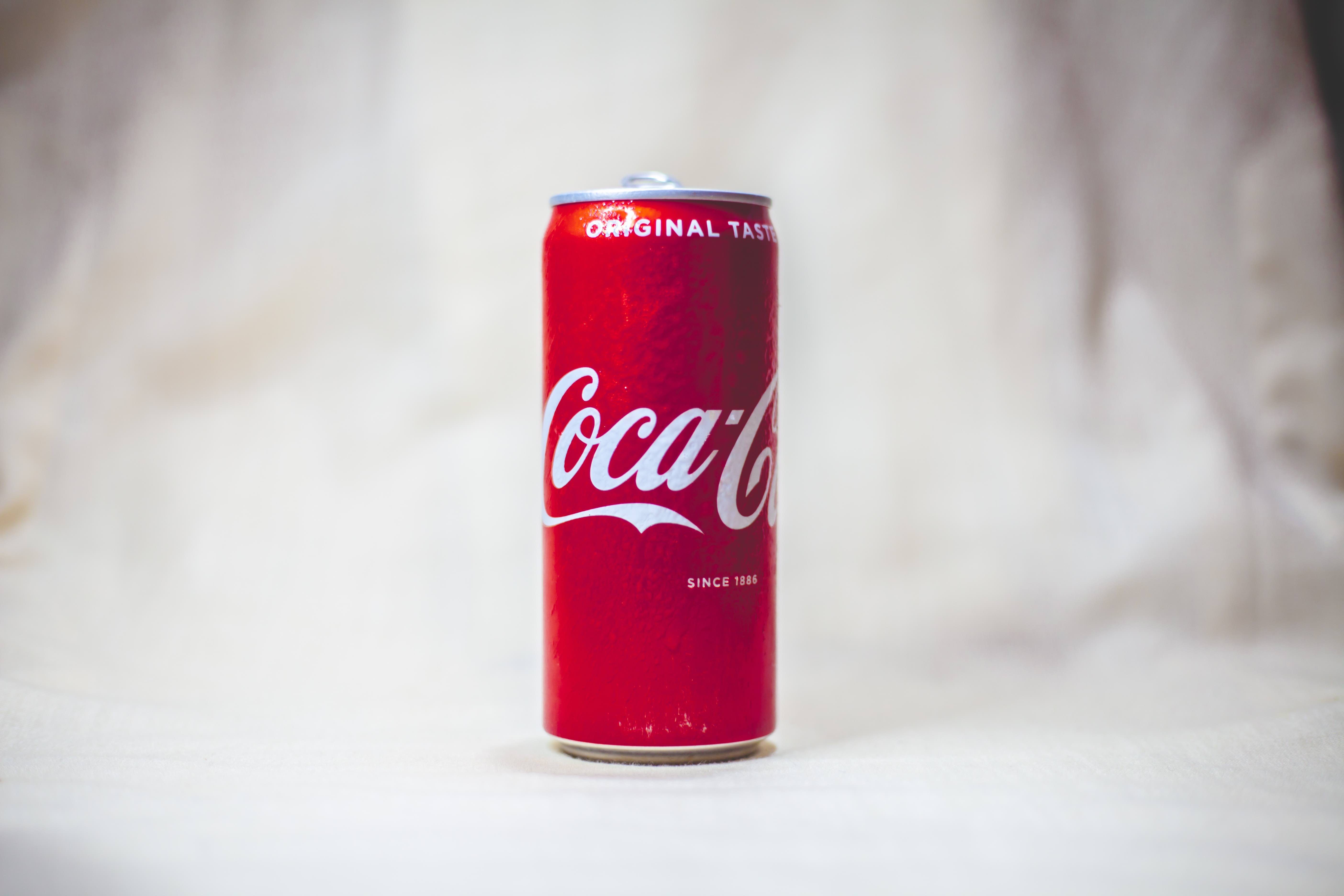
In a world awash with beverages of all types, Coca-Cola stands as an undeniable icon. A staple in the American diet and a globally recognized brand, this fizzy drink possesses a unique allure. However, beyond its nostalgic taste and refreshment quotient, what exactly does a can of Coke offer in nutritional terms? Let’s pop open the tab on 10 Coke Can Nutrition Facts and discover what lies beneath the bubbles.
Calories in Coke Cans
Coke’s calories come almost entirely from its sugar content. A standard 12 oz can of Coke contains approximately 140 calories. To put this in perspective, if you were to drink one can of Coke every day for a week, that would amount to an extra 980 calories – nearly half the amount of a pound of weight gain if not counterbalanced by exercise or other caloric restriction.
Sugar Content
The first fact that may surprise you is the sugar content in a single can of Coke. A 12 oz (355 ml) serving of Coke contains about 39 grams of sugar, which equates to nearly 10 teaspoons! This is more than the recommended daily limit of added sugar for both men (9 teaspoons) and women (6 teaspoons) according to the American Heart Association.
No Essential Nutrients
While Coke does contain minor amounts of potassium and sodium, it lacks significant levels of any essential nutrients. It’s worth remembering that drinking Coke should not be an alternative to consuming nutrient-dense drinks like milk or fruit juice, let alone water.
Caffeine Content
One 12 oz can of Coke contains about 34 mg of caffeine. This is a relatively small amount when compared to a cup of coffee (which contains roughly 95 mg), but it can still contribute to your daily caffeine intake.

Phosphoric Acid
Coca-Cola contains phosphoric acid, a substance that gives cola drinks their characteristic tangy flavor and fizzy sensation. However, too much phosphoric acid can lead to lower bone density and tooth enamel erosion over time.
High Fructose Corn Syrup
In the United States, Coca-Cola is sweetened with high fructose corn syrup (HFCS), a type of sweetener that has been linked to obesity and diabetes when consumed in excess. It’s cheaper and sweeter than cane sugar, which is why it’s widely used in the American food industry.
Coke Zero and Diet Coke
For those looking to avoid sugar, Diet Coke and Coke Zero offer sugar-free alternatives. These versions use artificial sweeteners instead of sugar, which drastically reduces their calorie content. However, it’s worth noting that the long-term health effects of consuming large amounts of artificial sweeteners are not fully known.
Regular Consumption Risks
Regular consumption of sugary drinks like Coke can lead to a host of health issues, including weight gain, type 2 diabetes, and heart disease. It’s important to consume such beverages in moderation.

“Coca” in Coca-Cola
While the current formula of Coca-Cola doesn’t contain any cocaine, it’s worth noting that the beverage’s original recipe did. When John Stith Pemberton invented the drink in the late 19th century, one of the ingredients was indeed coca leaf extract. However, this ingredient was removed from the formula over 100 years ago.
Iconic Can
The Coca-Cola can itself is notable. The iconic red can with the white wave (known as the ‘Dynamic Ribbon’) is recognized worldwide. In fact, the can’s design has played a significant role in the brand’s marketing and global recognition. While not a nutritional fact, it’s certainly a fascinating one!
Final Word
Coca-Cola, like many other sodas, is a beverage best enjoyed in moderation due to its high sugar content and lack of essential nutrients. As with all aspects of diet, balance, and moderation are key. Enjoy that icy can of Coke, but be mindful of its place in your overall nutritional intake.
FAQs
What does the nutrition facts label on a Coke can tell me about how much a nutrient contributes to my daily diet?
The nutrition facts label on a Coke can provides essential information about the calorie content and the amount of specific nutrients in a single serving. This includes details on sugars, sodium, and caffeine, helping you understand how much these nutrients contribute to your daily diet based on general nutrition advice.
How many calories are in a can of Coca-Cola, and how does this fit into my daily diet?
A standard 12-ounce (355 ml) can of Coca-Cola contains about 140 calories. Understanding the calorie count helps you determine how this drink fits into your daily calorie intake, as part of the broader context of your food and drink consumption, according to general nutrition advice for maintaining a balanced diet.
What ingredients are found in Coca-Cola, and are there any natural flavors or dietary fiber?
Coca-Cola’s ingredients include carbonated water, high fructose corn syrup, caramel color, phosphoric acid, natural flavors, and caffeine. It does not contain dietary fiber. The natural flavors are part of what gives Coca-Cola its distinctive taste, although the exact composition of these natural flavors is proprietary.
Does Coca-Cola contain any nutrients like dietary fiber or cholesterol?
Coca-Cola does not contain dietary fiber, cholesterol, or significant amounts of nutrients such as vitamins or minerals. Its primary components are calories from sugars, with the drink’s characteristic flavor coming from its unique blend of natural flavors and other ingredients like caramel color and caffeine.
How does the caffeine content in a Coke can compare to other drinks, and what should I consider for my health?
A 12-ounce (355 ml) can of Coca-Cola contains about 34 mg of caffeine, which is less than the caffeine content in a similar size of coffee but more than in some other soft drinks. When considering your health and the inclusion of caffeinated drinks in your daily diet, it’s essential to consider your total caffeine intake from all sources and compare it against the general nutrition advice of limiting caffeine to about 400 mg per day for most adults.
Was this page helpful?
Our commitment to delivering trustworthy and engaging content is at the heart of what we do. Each fact on our site is contributed by real users like you, bringing a wealth of diverse insights and information. To ensure the highest standards of accuracy and reliability, our dedicated editors meticulously review each submission. This process guarantees that the facts we share are not only fascinating but also credible. Trust in our commitment to quality and authenticity as you explore and learn with us.
